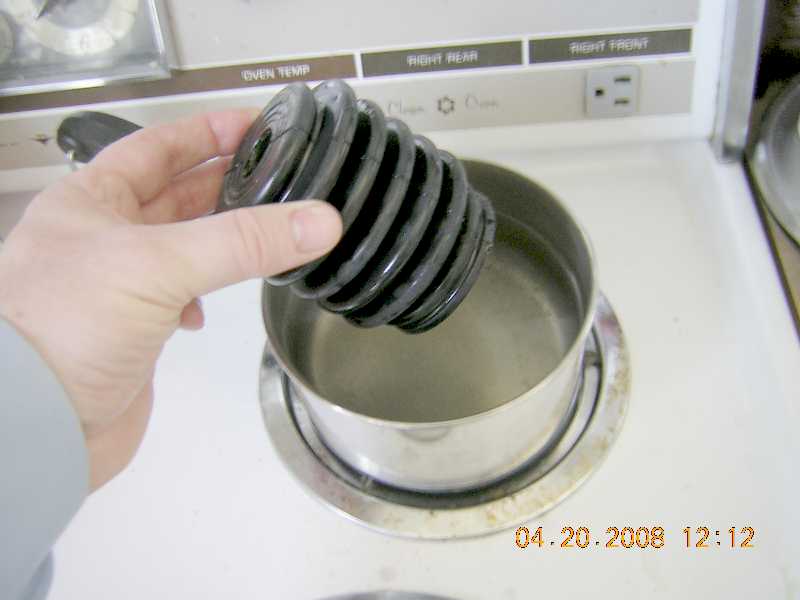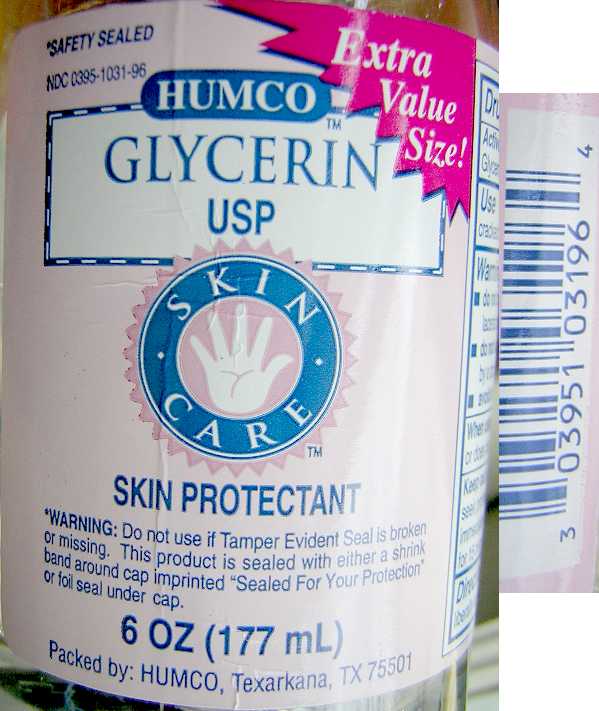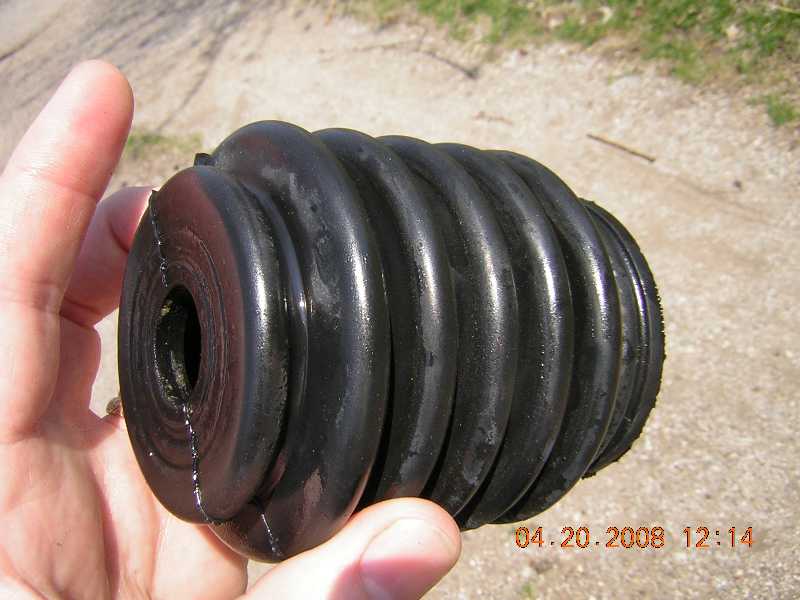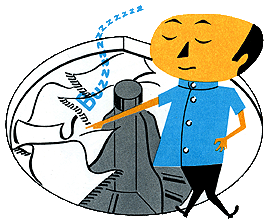|
Thread Number: 16704
Glycern, pics of baking bellows |
[Down to Last] |
| Post# 276085 4/20/2008 at 12:55 (5,848 days old) by fltcoils (South Bend, Indiana) | ||
|
Here's a bellows I'm baking in glycerin water. The part is for my 1-18. Even an shelf bellows might be 20 years old or more. The glycerin helps. 
| ||

|
| Post# 276086 , Reply# 1 4/20/2008 at 13:01 (5,848 days old) by fltcoils (South Bend, Indiana) | ||
|
I found it at Walmart after trying many other places, pharmacy section. But it might be in other locations. HUMCO 6 oz Glycerin NDC 0395-1031-96 HUMCO Texarkana TX, 75501 I mixed 3 oz 99% glycerin with 1qt in a pan, then set on warm, letting the bellows sit overnight. 
| ||
| Post# 276087 , Reply# 2 4/20/2008 at 13:03 (5,848 days old) by fltcoils (South Bend, Indiana) | ||
|
The result is a nice softer, and I think in better condition bellows 
| ||
Post# 276163 , Reply# 6 4/21/2008 at 05:56 (5,848 days old) by gyrafoam  (Wytheville, VA) (Wytheville, VA) |
||
|
Perhaps the additives in the brake fluid help the glycerin penetrate the rubber better than the glycerin alone. I'm going to give it a try. | ||

 Comes to the Rescue!
Comes to the Rescue!